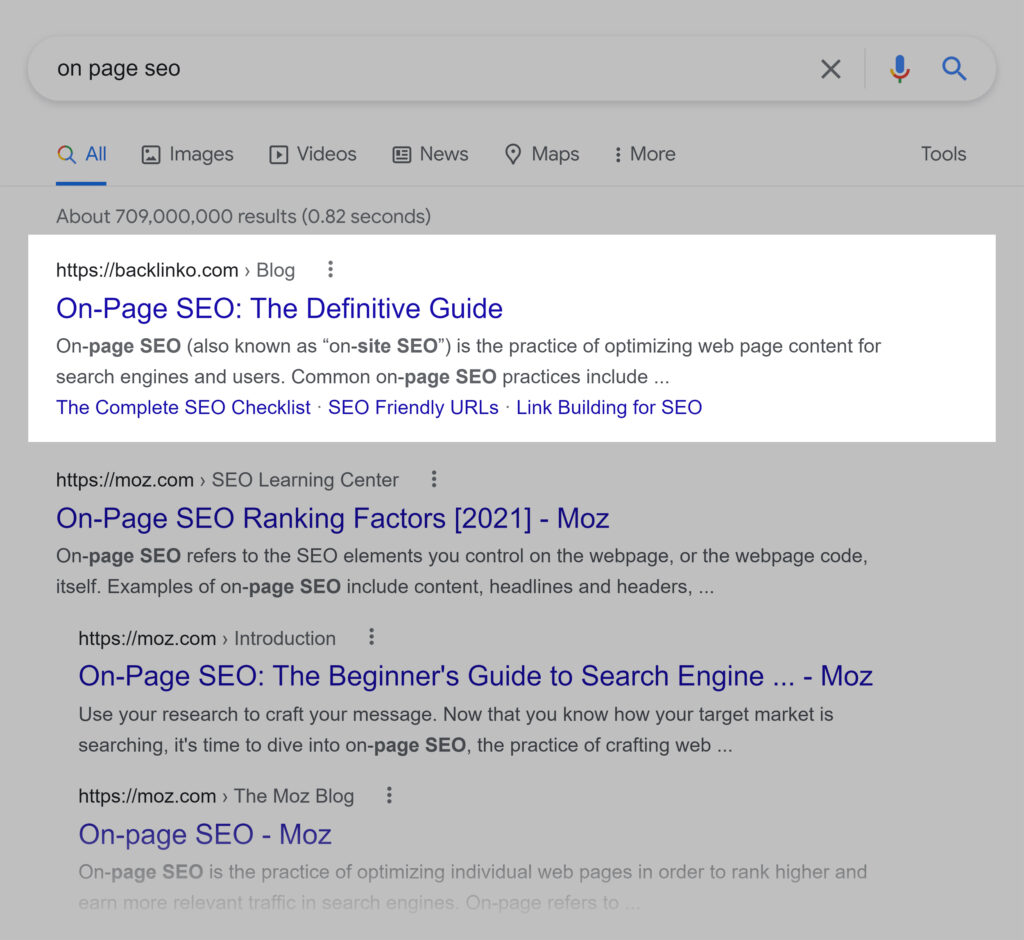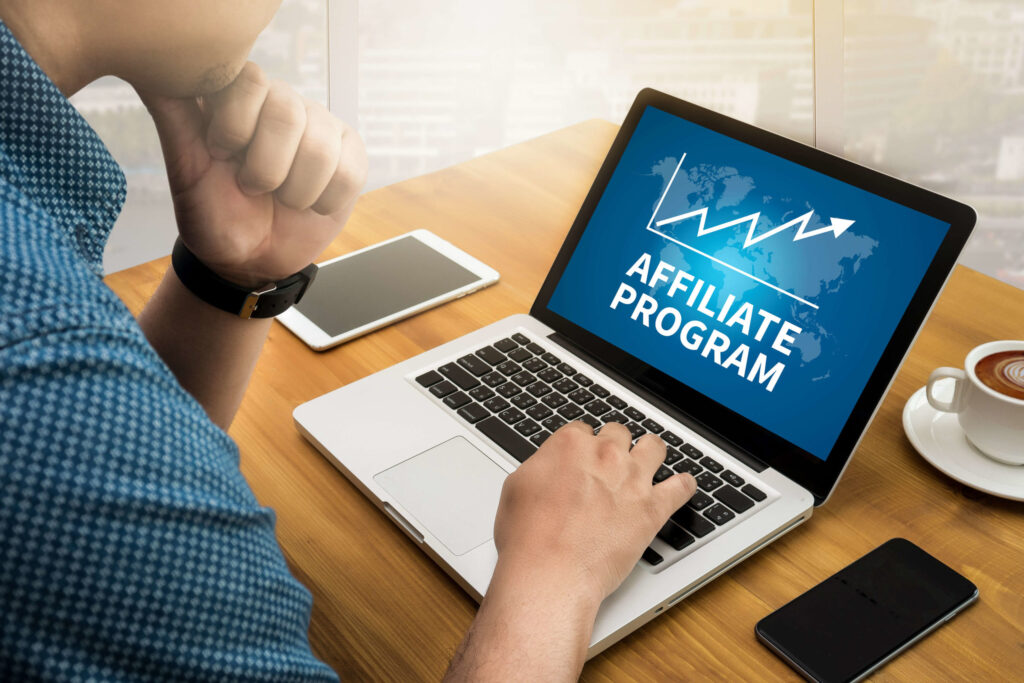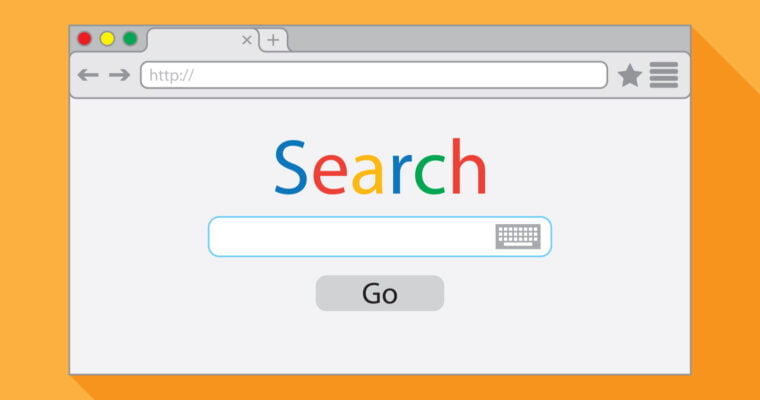On-page SEO: Optimize Web Pages to Rank Higher in Search Engines. In the world of digital marketing, On-page SEO is one of the most crucial strategies used to optimize web pages and rank higher in search engines. Simply put, On-page SEO is the process of optimizing individual web pages in order to rank higher and earn more relevant traffic in search engines.
Keyword Research
One of the most important factors in On-page SEO is keyword research. It involves identifying and analyzing the keywords and phrases that potential customers use to search for products or services online. Once you have a list of relevant keywords, you need to incorporate them into your content, meta tags, and image alt tags. This helps search engines understand what your website is about and rank it accordingly.
Content Optimization
Content optimization is another crucial factor in On-page SEO. Your content should be high-quality, engaging, and provide value to your audience. This includes using headers, subheaders, and bullet points to break up your content into easily digestible chunks. Additionally, using internal linking to link to other relevant pages on your website can improve the user experience and help search engines understand the structure of your site.
Site Architecture
Site architecture plays an important role in On-page SEO. You need to ensure that your site is easy to navigate, with a clear menu and hierarchy. This helps search engines crawl and index your site more effectively, leading to higher rankings in search results.
Meta Tags
Meta tags are another important factor in On-page SEO. These are HTML tags that provide information about the content of a web page to search engines and website visitors. The two most important meta tags are the title tag and the meta description tag. The title tag should be unique and include your main keyword, while the meta description tag should provide a brief summary of the content on the page.
Image Optimization
Image optimization is also important for On-page SEO. This includes using descriptive file names and alt tags for your images. Alt tags are used to describe the content of an image to search engines and visually impaired users.
Mobile Optimization
Mobile optimization is becoming increasingly important for On-page SEO. With more and more people using their mobile devices to search the web, you need to ensure that your site is optimized for smaller screens and faster loading times. This can be achieved through techniques like responsive design, compressed images, and reduced page sizes.
Conclusion
On-page SEO is a vital component of any successful digital marketing strategy. By optimizing your individual web pages, you can improve your search engine rankings and drive more relevant traffic to your site. Remember to always prioritize your audience by creating high-quality content that provides value, while also incorporating relevant keywords and meta tags. By following these best practices, you can ensure that your website is optimized for search engines and set yourself up for long-term success.




